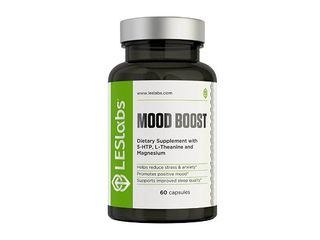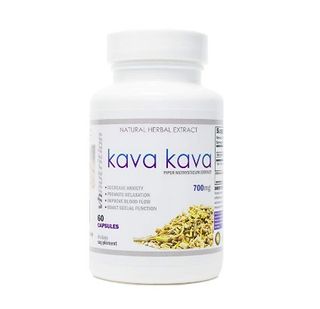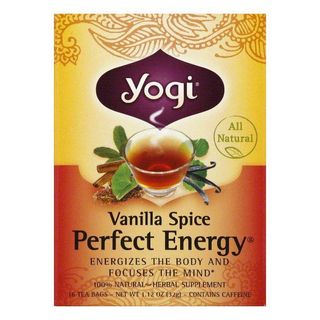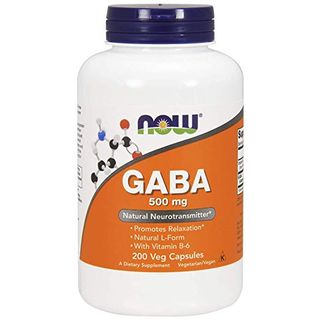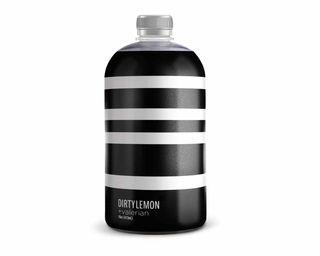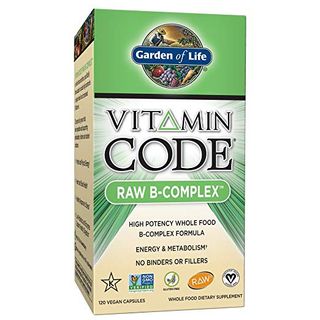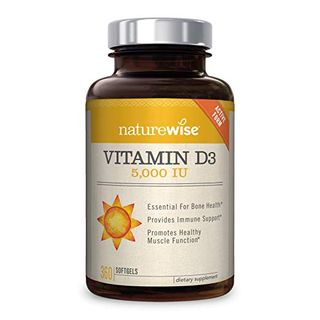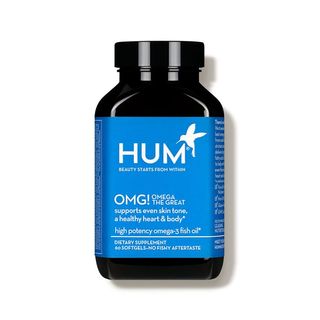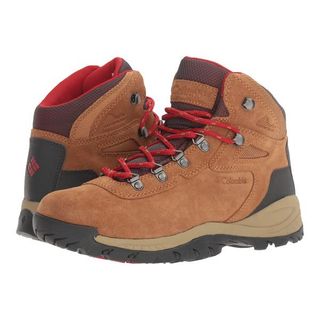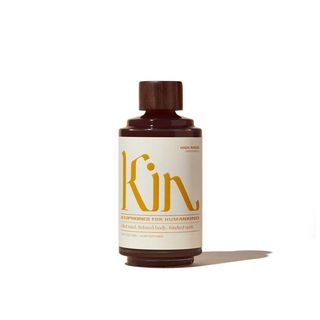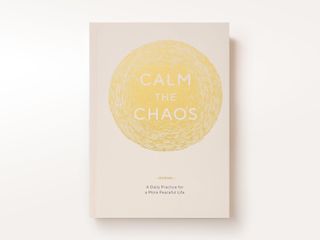12 All-Natural Remedies for Anxiety

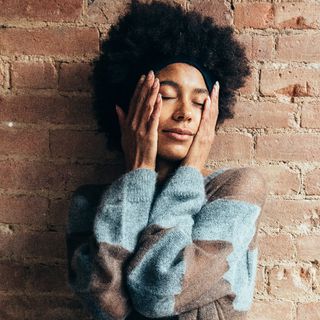
National data tells us that almost 40 million Americans are living with some type of anxiety disorder. Part of the reason the word anxiety is tossed around so frequently is that it can manifest in many forms. According to Rebecca Lee, a registered nurse and founder of natural wellness site RemediesForMe.com, the most common types of anxiety include panic disorder, phobias, social anxiety disorder, obsessive-compulsive disorder, PTSD, and generalized anxiety disorder. The symptoms of these different conditions vary widely, and they require professional diagnosis, but Lee says that the most common symptoms associated with anxiety include excessive worrying, sleep disturbances (like shooting awake with your mind racing), irrational fears, muscle tension, chronic indigestion, and self-consciousness.
Treating these unpleasant symptoms can be stressful and confusing, especially if you want to try a natural route. That's why we got in touch with Lee to help put together this guide to simple, effective, all-natural remedies for anxiety. "There are no quick fixes to mental health disorders. It is important to get to know the stressors that are causing your anxiety," Lee assures. But if you're looking to manage your anxiety holistically, we hope that one of these 17 ideas will help.
Herbal Supplements
There are a few herbal supplements shown to naturally aid with neurotransmitter regulation, sleep, and more. "Natural herbs may take several weeks to take effect, so do not increase the dosage if results are not seen right away," says Lee. "If you have co-existing health problems, always consult with a physician before taking these supplements." Some supplements to consider are below:
GABA: A naturally occurring neurotransmitter that decelerates the excessive neuron firing that can cause anxiety. "GABA supplements work similarly to benzodiazepines and SSRIs," says Lee. "They reduce anxiety and depression by positively interacting with GABA receptors."
Kava: An herb commonly used by Pacific Islanders that calms neurological activity by triggering GABA receptors in the brain. Kava also relaxes muscles, improves sleep, elevates mood, and regulates emotions.
Passionflower: A powerful plant historically used by many indigenous communities. Passionflower is chock-full of antioxidant, anti-inflammatory, anti-cancer, anti-depressive, and anti-anxiety benefits. It aids with sleep, stress, and a racing heartbeat, among other anxiety symptoms.
Tea: Green tea contains L-theanine, an amino acid that decreases stress and increases dopamine and GABA, while chamomile tea is one of the oldest-used medicinal herbs in the world and helps with inflammation, anxiety, and insomnia.
Vitamins and Minerals
Deficiency in certain nutrients can cause or worsen anxiety symptoms. According to Lee, these include the following:
Vitamin B Complex: Nutrients responsible for keeping the central nervous system running properly, preserving brain health, and producing some of the neurotransmitters that fight depression and help you sleep, like serotonin, norepinephrine, and melatonin.
Magnesium: A 2006 study Eby and Eby revealed that magnesium deficiency could be a cause of serious depression and that 400 to 600 milligrams of daily magnesium supplements improved depression and anxiety significantly.
Vitamin D3: Folks who live in cities are more often than not really low in vitamin D, especially in the winter, which can cause or exacerbate seasonal anxiety and depression. A daily dose of 2000 IU can help.
Omega-3: A key nutrient for minimizing inflammation throughout the body, including the brain, which can lead to mental health disorders.
Lifestyle Tweaks
Adopting anti-anxiety activities into your lifestyle can be enormously beneficial, like spending a few hours a week in nature (with your phone on airplane mode). Going for regular hikes or strolls in the woods has been proven to decrease anxiety, depression, cortisol levels, and blood pressure. Yoga and journaling have been shown to produce similar effects. Limiting caffeine and alcohol intake can also be tremendously helpful in lowering anxiety levels, Lee says.
Disclaimer
This article is provided for informational purposes only and is not intended to be used in the place of advice of your physician or other medical professionals. You should always consult with your doctor or healthcare provider first with any health-related questions.

Who's your beauty icon?
Tie among Linda Rodin, Hari Nef, and David Bowie.
Who are your 5 favorite people to follow on Instagram?
@petracollins @katiejanehughes @alwaysjudging @bonnyrebecca @hotdudesreading
What's the beauty essential you can’t live without?
If I have some brow gel and Sisley's Phyto-Lip Twist, I'm good to go forever.
What's your desert island album?
Death Cab for Cutie's Transatlanticism
What's your favorite Byrdie.com story?
Game of Thrones's Nathalie Emmanuel looks so achingly beautiful in our feature with her that I think it's gonna have to be that!
-
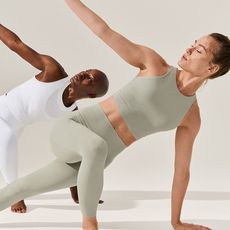 I Live for Yoga and Pilates—These Are the Pieces That Help My Flow
I Live for Yoga and Pilates—These Are the Pieces That Help My FlowTake notes.
By Humaa Hussain
-
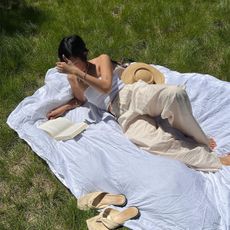 It's a Self-Care Summer: 5 Easy Tips for Staying Grounded and Centered
It's a Self-Care Summer: 5 Easy Tips for Staying Grounded and CenteredShow yourself some extra love.
By Raina Mendonça
-
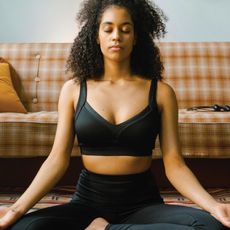 It's Time to Get Our Nutrition in Check for Summer—This App Is Making It Easy
It's Time to Get Our Nutrition in Check for Summer—This App Is Making It EasyThe recipe ideas are endless.
By Who What Wear
-
 This Founder Shares Why We Should Start Celebrating Rest
This Founder Shares Why We Should Start Celebrating RestBurnout is nothing to be proud of.
By Kia Topps
-
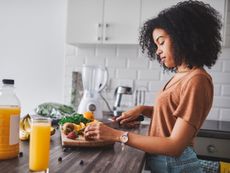 If You're Battling With Digestive Issues, This Could Be Why
If You're Battling With Digestive Issues, This Could Be WhyTurns out, you may not have IBS after all.
By Kia Topps
-
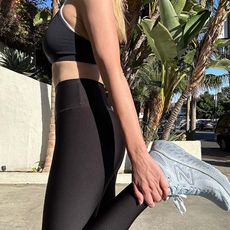 Our Editors Own a Lot of Sneakers, But This Pair Comes in First Place Every Time
Our Editors Own a Lot of Sneakers, But This Pair Comes in First Place Every TimeA major win.
By Aniyah Morinia
-
 Why Dr. Deepika Chopra Believes that Optimism is Resiliency
Why Dr. Deepika Chopra Believes that Optimism is ResiliencyWhy you should start embracing every feeling.
By Kia Topps
-
 How TikTok's Favorite Photographer Helped Me Find My Confidence
How TikTok's Favorite Photographer Helped Me Find My ConfidenceI renewed my relationship with myself.
By MacKenzie Green
